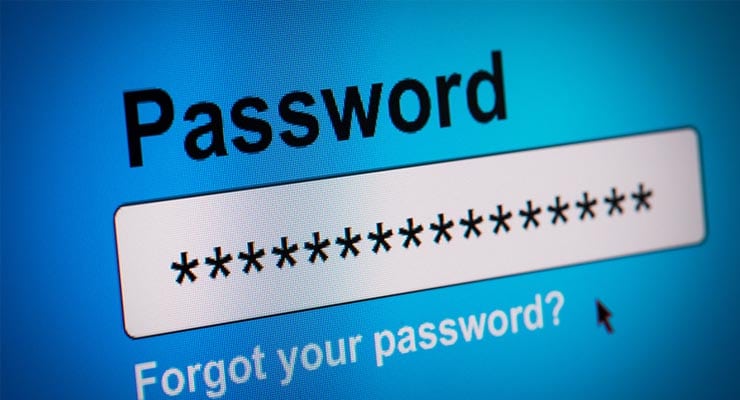It’s Safer Internet Day once again, so we’ve compiled 5 tips aimed to help you stay safe online.


Two-factor authentication enabled on your online accounts can protect you from a number of different online threats, such as phishing attacks, third party data breaches and keylogger malware.
2FA means even if crooks do somehow manage to obtain your username and password, they still can’t access your online account because they’d also need a separate piece of information that is generated (or sent to) another device you own, or your email address.
Most online platforms – including Facebook, Twitter, PayPal, eBay, Gmail, Hotmail, Google and Apple – all support two-factor authentication. The great thing about 2FA is that it is effective at protecting you against a whole variety of different scams and threats.
Learn more about 2FA in our post here.


Easy-to-guess passwords remain a stubborn bad habit in the Cybersecurity world, with classics such as “password” and “123456” remaining some of the most commonly used passwords according to analysis from data breaches.
These passwords will simply not protect you. Crooks can generate software that can try the most commonly used passwords when attempting to crack online accounts, meaning if you use a bad password, it’s likely to only take crooks mere seconds to bypass it.
Creating good passwords isn’t difficult. Use a variety of letters (uppercase and lowercase) and numbers, and you can even combine different words together to make a strong password. You can also use a Password Manager to store those passwords so you don’t have to remember each one.
And importantly, don’t reuse the same passwords across different accounts! This is because if one password is exposed (e.g. from a data breach) crooks can then try and use those leaked credentials in other websites. It’s called a credential stuffing scam.
More on good passwords here.
Sponsored Content. Continued below…
VPNs are not for everyone, but if you’re a frequent Internet user or often use public Wi-Fi and don’t like the idea of people potentially snooping on your online activity, you could consider a VPN.
A VPN essentially encrypts all of the data your devices sends out and receives back from the Internet. Normally, this data contains information about your online activity, and could potentially be intercepted by third parties, such as your ISP or people using eavesdropping software. But a VPN will encrypt all that data and route it across its own private network, making it more difficult for your data to be intercepted and read.
And because the data is routed via the VPN network, even the website you’re using won’t know your true location, meaning in some cases you can bypass geographical restrictions.
We explain more about VPNs and our recommendations here.
The most obvious piece of advice is to use good security software. Security software these days can protect you from a whole host of online threats including phishing, identity theft and of course malware. We recommend some full security suites in our post here.
Not only should you have good security software – but always ensure your software is up-to-date and still supported.
Sponsored Content. Continued below…
Finally, instead of droning on about the most current scams, we’ve created this brief checklist of some of the prolific scams doing the rounds.
Thanks for reading, we hope this article helped, but before you leave us for greener pastures, please help us out.
We're hoping to be totally ad-free by 2025 - after all, no one likes online adverts, and all they do is get in the way and slow everything down. But of course we still have fees and costs to pay, so please, please consider becoming a Facebook supporter! It costs only 0.99p (~$1.30) a month (you can stop at any time) and ensures we can still keep posting Cybersecurity themed content to help keep our communities safe and scam-free. You can subscribe here
Remember, we're active on social media - so follow us on Facebook, Bluesky, Instagram and X